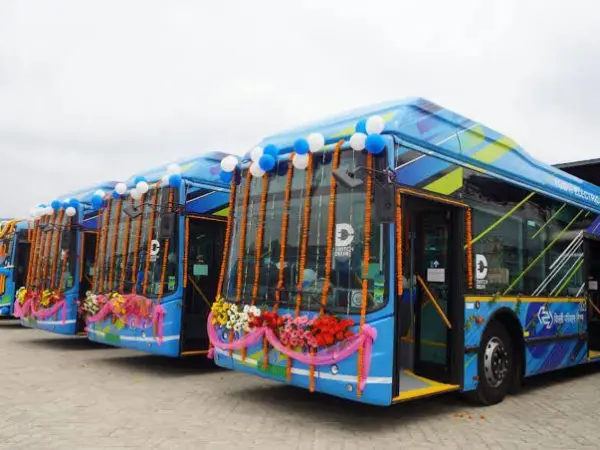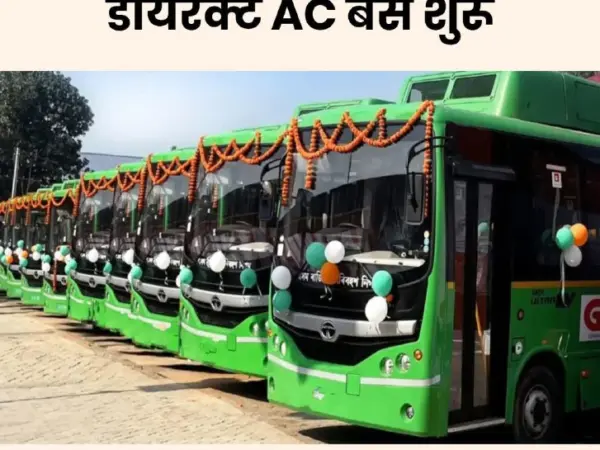A battle between the Delhi government and the office of the Lieutenant Governor over the appointment of the Delhi Electricity Regulatory Commission (DERC) chairperson has reached a critical point. The Supreme Court has decided to temporarily appoint a chief for the DERC until the matter is resolved. This decision comes after months of controversy and legal disputes.
The post of the DERC chairperson became vacant in January when Shabihul Hasnain retired. The Delhi government recommended the name of Rajeev Kumar Srivastava for the position, but the Lieutenant Governor’s office requested a legal opinion from the Delhi High Court Chief Justice. The Delhi government took the matter to court, and the apex court ruled in its favor, stating that the Lieutenant Governor cannot delay the appointment. However, Justice Srivastava declined the appointment due to personal reasons.
The Centre then promulgated the Government of National Capital Territory of Delhi (Amendment) Ordinance, giving the President the power to appoint chiefs of autonomous commissions and boards. The AAP government challenged this decision, arguing that the Centre did not have the right to make appointments in a transferred subject under the jurisdiction of the elected government.
After failed attempts to agree on a candidate, the Supreme Court has decided to make an ad-hoc appointment. The court will hear the matter on August 4. The delay in appointing a chief has caused concerns as the important tariff fixation exercise has been pending since January.
This controversy over the appointment of the DERC chief is not just about power tariff fixation and subsidy extension. It is also about the larger issue of Delhi’s governance. The AAP government believes that the BJP wants to end Delhi’s power subsidy scheme, which is one of its flagship projects. The AAP has emphasized the importance of providing baseline services, such as free water, power, and bus rides, to all citizens, regardless of their financial status.
The AAP fears that a Centre-appointed DERC chairperson may impact the subsidy scheme’s modalities and eligibility criteria. The government has also expressed concerns about the use of Direct Benefit Transfer (DBT) for subsidies, as it may lead to non-payment of power bills and misuse of funds.
In conclusion, the battle over the appointment of the DERC chairperson in Delhi has escalated to the Supreme Court. The court has decided to make an ad-hoc appointment while the matter is being resolved. This controversy highlights the larger issue of Delhi’s governance and the AAP’s commitment to providing baseline services to all citizens. The final decision will have significant implications for Delhi’s power subsidy scheme and the functioning of the DERC.
Follow DelhiBreakings on Google News
Superfast News Coverage by DelhiBreakings.com team.
For Superfast national news and Delhi Breaking Stories visit us daily at https://delhibreakings.com





